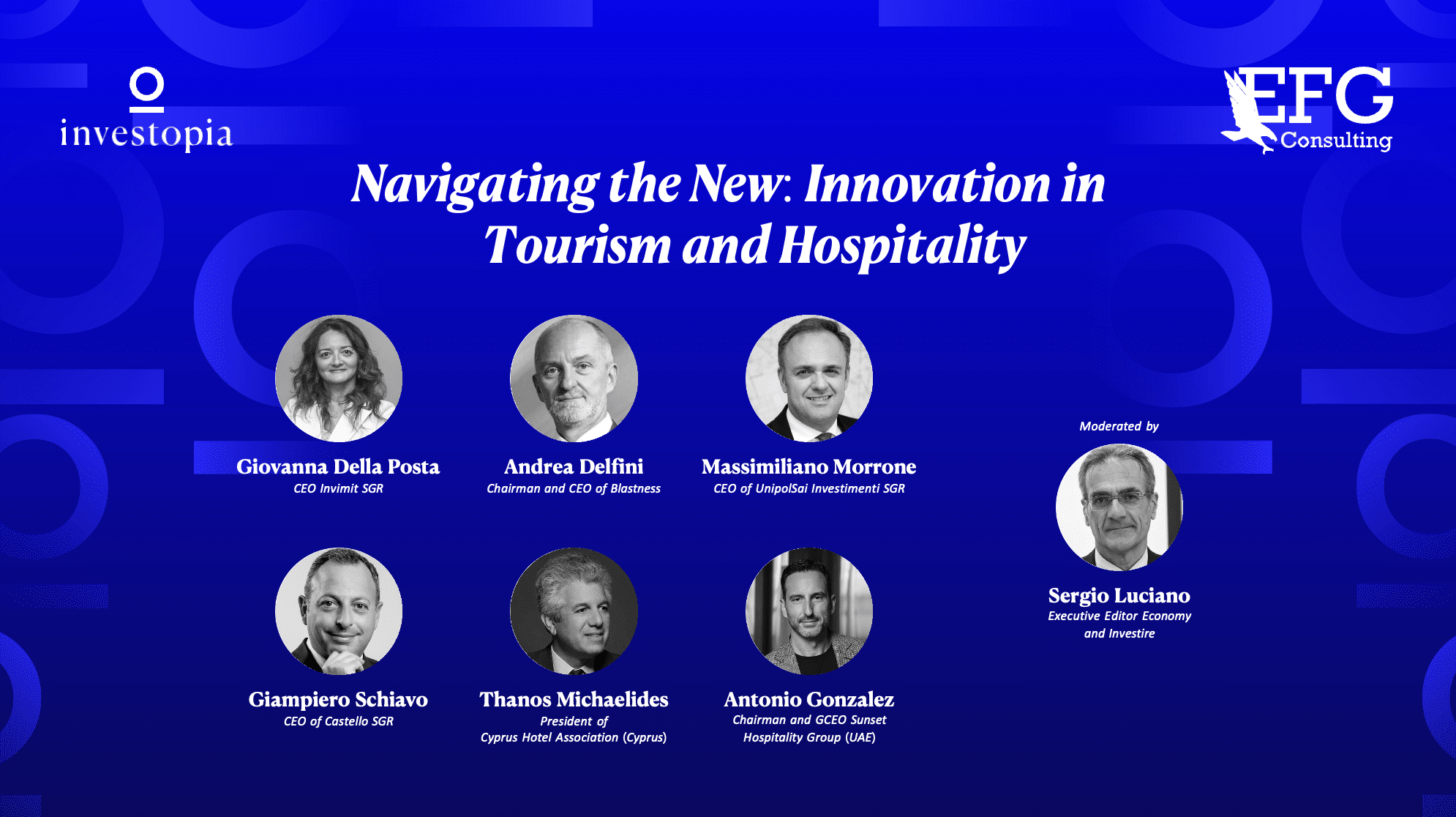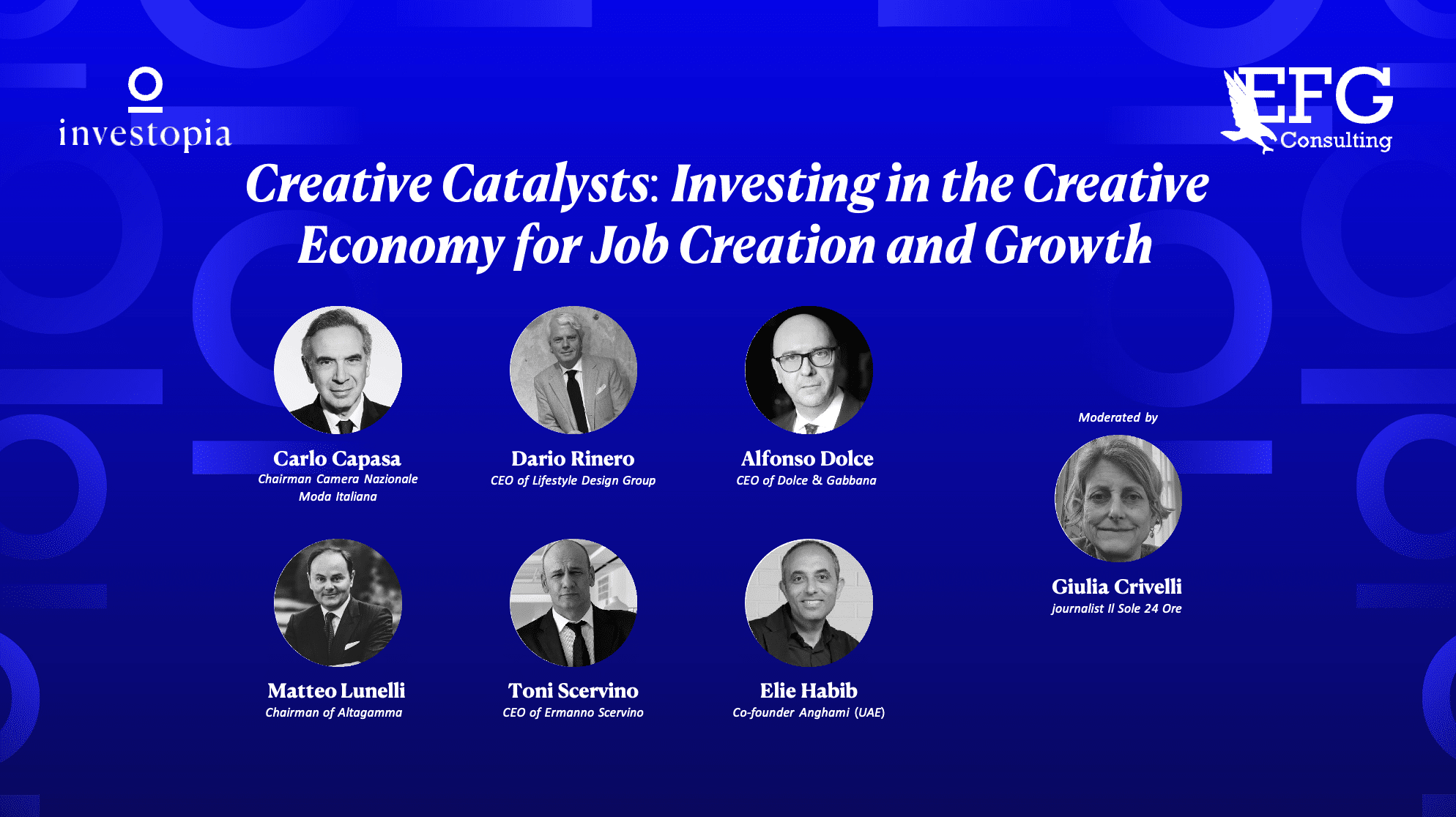Session Speakers:

Barry O'Donohoe
Co-founder and CEO of Raidiam

Charlotte Crosswell
Chair of Centre for Finance, Innovation and Technology

Joe Cassidy
Partner at KPMG

Omair Ansari
CEO & Co-Founder of Abhi
Share
Key Takeaways
- The UK's open banking standards are seen as a global model for cross-border trade and finance.
- Data localization and alignment with regulations are major challenges for cross-border fintech solutions.
- Fintech has the potential to bring financial services to the unbanked and underbanked, particularly in the UAE.
- There is a significant opportunity for collaboration between the UK and UAE in building fintech bridges and supporting SMEs.
- The future of fintech lies beyond payments and towards value transfer, account-to-account payments, and B2B solutions.
- Regulation can be a driver for innovation in fintech, particularly in enabling data sharing and new business models.
Trade finance and the movement of data across borders are undergoing a digital revolution, fueled by the innovative spirit of fintech and the power of open banking standards. This was the central theme of a recent panel discussion titled “Fintech and Open Banking: How is innovation impacting the sector and what opportunities does the present for closer UK/UAE collaboration?” held at Investopia Global Talks in the UK.
The discussion, moderated by KPMG Partner Joe Cassidy, brought together a diverse group of experts: Charlotte Crosswell, Chair of the Centre for Finance, Innovation, and Technology at the University of Southampton; Barry O’Donohoe, Co-founder and CEO of Raidiam; and Omair Ansari, CEO & Co-founder of Abhi.
Crosswell kicked off the conversation by highlighting the growing importance of data in trade finance, particularly for small businesses. She emphasized the need for a fundamental understanding of maturity levels within financial services, noting that “80 countries are adopting these fintech standards,” and it’s time to leverage the power of data to empower businesses.
O’Donohoe, whose company played a pioneering role in establishing open banking standards in the UK, shared his experience bringing those capabilities to new markets like Brazil and the MENA region. He stressed the importance of globally recognized standards, stating that “the standards established in the UK are critical” and serve as a reference point for cross-border integrations.
However, challenges remain, as Ansari pointed out. He described the “hair-raising activity” of navigating regulatory conversations between countries, particularly when it comes to data underwriting and lending capabilities. Data localization and ensuring compliance with differing regulations were identified as key hurdles.
Despite these challenges, the panel identified immense potential in cross-border fintech solutions, particularly for financial inclusion. Ansari highlighted the opportunity to serve the unbanked and underbanked, especially in the UAE where SME credit penetration is significantly lower than in other countries.
Crosswell then emphasized the importance of collaboration between the UK and UAE in fostering this growth. She suggested sharing learnings and streamlining the process for UK fintech companies to enter the UAE market, ultimately benefiting SMEs in both countries.
O’Donohoe echoed this sentiment, envisioning “rails for a cross-border environment” built on the UK’s technological advancements. He sees this not just for data and finance, but for various sectors like healthcare and insurance.
The discussion also delved into the future of fintech beyond payments. Ansari predicted a shift towards value transfer, account-to-account payments, and B2B solutions, while Crosswell pointed to the potential of open banking moving beyond current accounts and pensions to unlock even greater opportunities.
Regulation was another key topic, with both Crosswell and O’Donohoe acknowledging its potential to drive innovation. Crosswell championed the idea of a “financial passport” based on digital identity, while O’Donohoe highlighted the value of regulatory data sharing in enabling new business models.
In conclusion, the panel painted a vibrant picture of a fintech landscape brimming with possibilities. By addressing challenges like data localization and regulatory hurdles, and fostering collaboration between countries like the UK and UAE, the future of trade finance and cross-border financial services looks set to be shaped by innovation and driven by the power of open banking.









